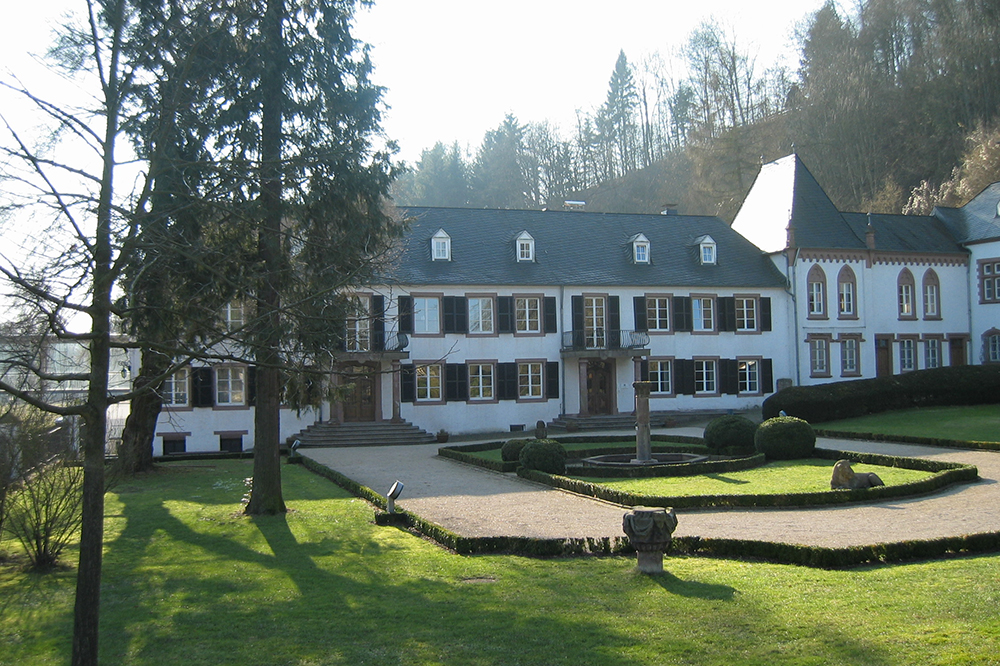The Dagstuhl seminar “Conversational Agent as Trustworthy Autonomous System (Trust-CA)” will take place from September 19 – 24, 2021. According to the website, Schloss Dagstuhl – Leibniz-Zentrum für Informatik “pursues its mission of furthering world class research in computer science by facilitating communication and interaction between researchers”. Organizers of this event are Asbjørn Følstad (SINTEF – Oslo), Jonathan Grudin (Microsoft – Redmond), Effie Lai-Chong Law (University of Leicester) and Björn Schuller (University of Augsburg). They outline the background as follows: “CA, like many other AI/ML-infused autonomous systems, need to gain the trust of their users in order to be deployed effectively. Nevertheless, in the first place, we need to ensure that such systems are trustworthy. Persuading users to trust a non-trustworthy CA is grossly unethical. Conversely, failing to convince users to trust a trustworthy CA that is beneficial to their wellbeing can be detrimental, given that a lack of trust leads to low adoption or total rejection of a system. A deep understanding of how trust is initially built and evolved in human-human interaction (HHI) can shed light on the trust journey in human-automation interaction (HAI). This calls forth a multidisciplinary analytical framework, which is lacking but much needed for informing the design of trustworthy autonomous systems like CA.” (Website Dagstuhl) Regarding the goal of the workshop, the organizers write: “The overall goal of this Dagstuhl Seminar is to bring together researchers and practitioners, who are currently engaged in diverse communities related to Conversational Agent (CA) to explore the three main challenges on maximising the trustworthiness of and trust in CA as AI/ML-driven autonomous systems – an issue deemed increasingly significant given the widespread uses of CA in every sector of life – and to chart a roadmap for the future research on CA.” (Website Dagstuhl) Oliver Bendel (School of Business FHNW) will talk about his chatbot and voice assistant projects. These emerge since 2013 from machine ethics and social robotics. Further information is available here (photo: Schloss Dagstuhl).
BY OLIVER BENDEL
